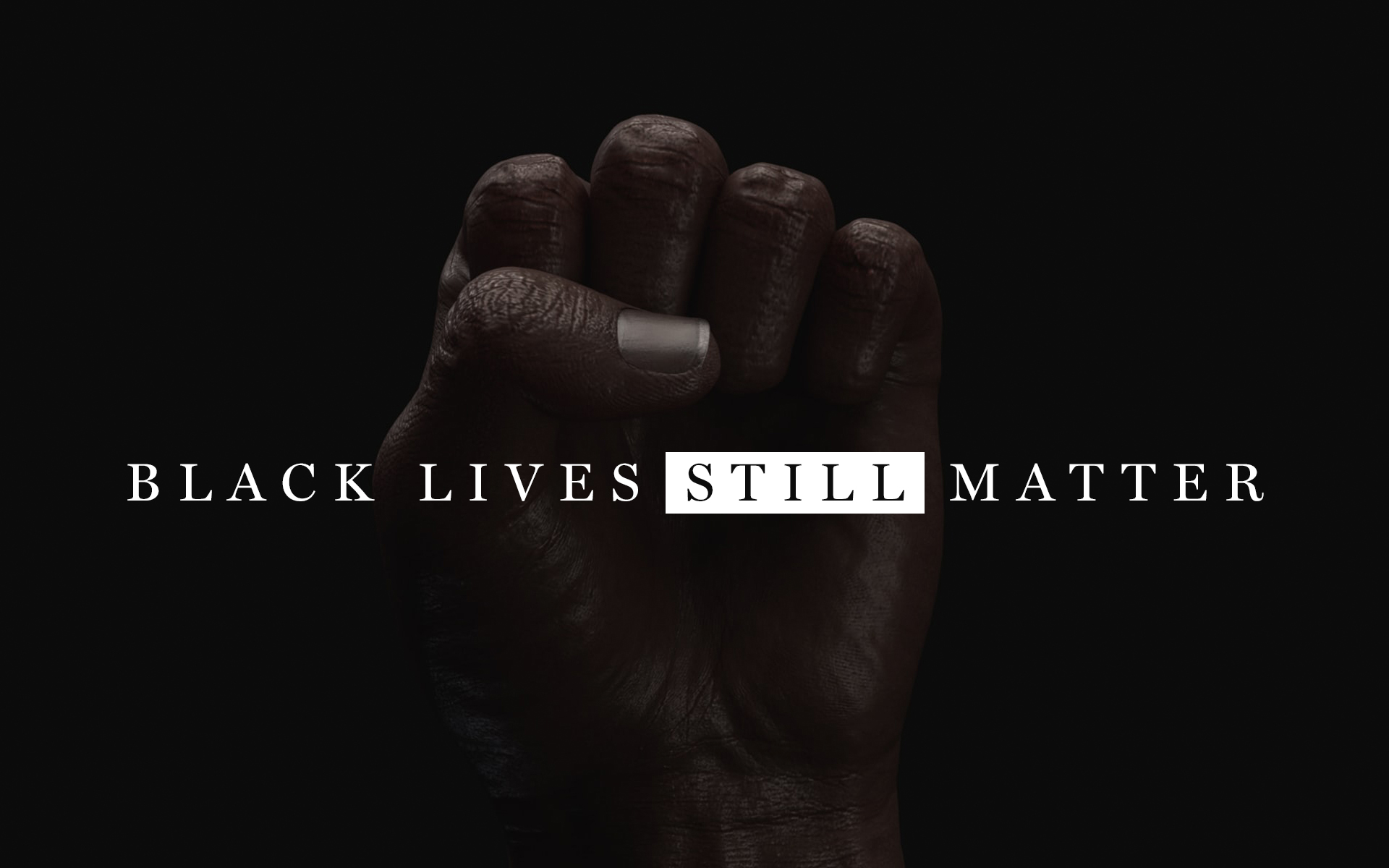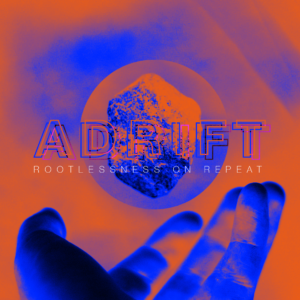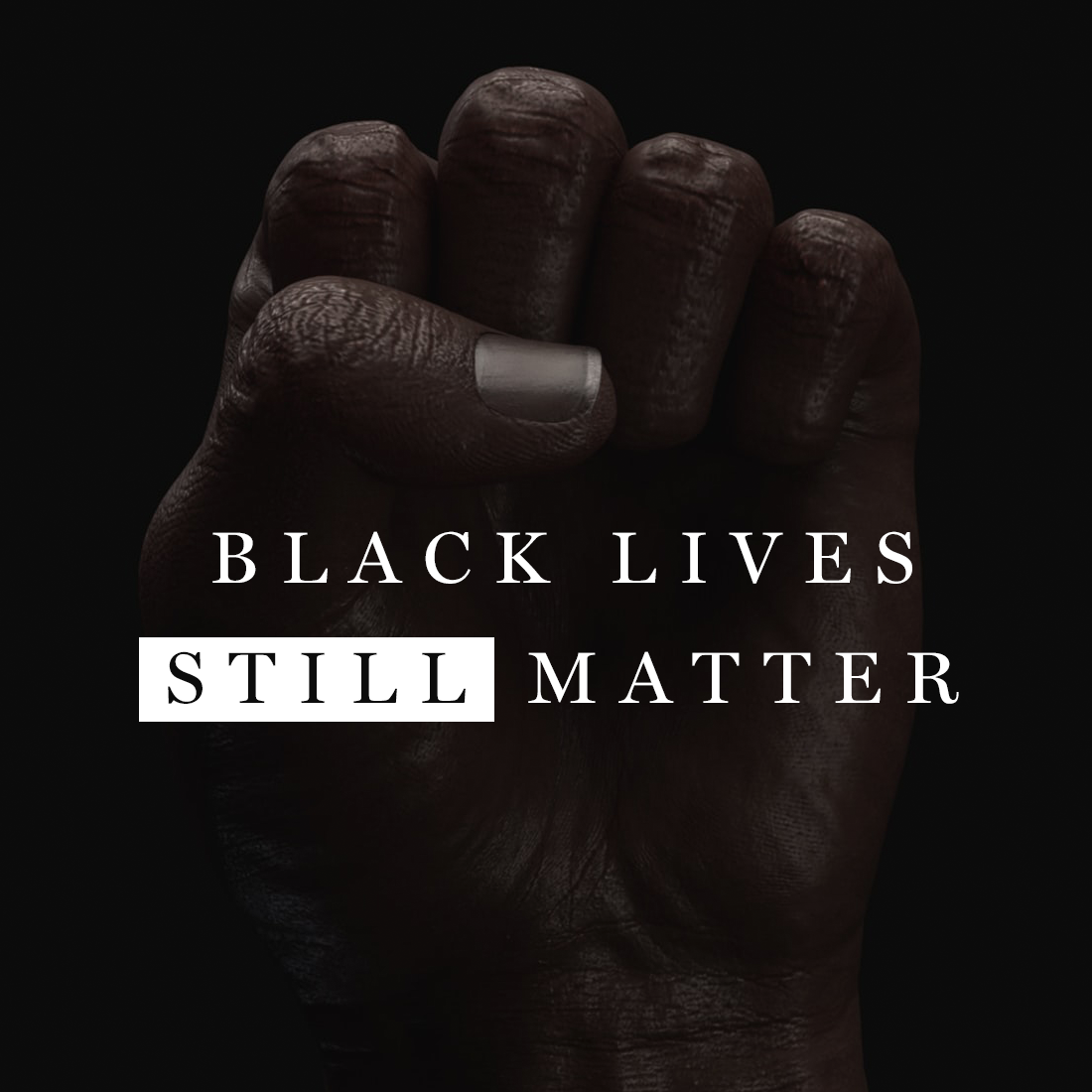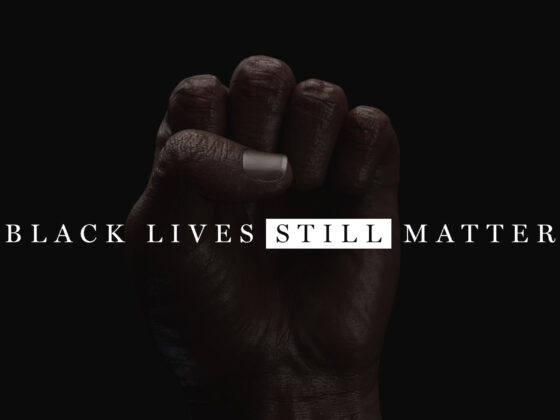ASHLEY KIRK and IRENE ONYANGO
Media Contact: Ashley Kirk & Irene Onyango
Email: info@empowerusagency.com
PRESS RELEASE
Empower Us Agency Seeks to Empower and Elevate Black Entrepreneurs and Businesses to New Heights
Oakland, California — Racial inequalities have been a point of contention in the U.S. for decades that has only recently gained a significant amount of traction in 2020 due in part to the murders of Black people in this country, most notably Breonna Taylor, George Floyd and the countless other unarmed Black women, men, and children. As part of the Nation’s approach to bring awareness to the racial injustices that exist, there has been an increased focus highlighting the current gaps across different industries, with the most notable being the racial wealth gap.
Even in thriving industries that flourish on captivating ideas of entrepreneurial talented geniuses, Black-owned businesses have continuously been overlooked by angel investors and venture capitalists for investment funds, networking resources, and support within the community.
In October 2020, McKinsey & Company released an article, Building Supportive Ecosystems for Black-Owned U.S. Businesses that stated, “A silver lining of COVID-19 and the racially charged violence in 2020 may end up being that some large companies have now launched programs to support Black-owned businesses: a major social media company dedicated $40 million in grants to support Black-owned US businesses with 50 or fewer employees; a financial services firm pledged $1.15 billion, including $350 million in procurement spending on Black-owned businesses, to close the racial wealth gap. However, these individual actions will not in themselves be enough to affect the needed change. For this work to have a systemic impact, entire business ecosystems will need to be involved. Once successful, however, this effort would benefit not only the US economy but US society as a whole.”
Notable Quote Affirming a Black Entrepreneurs’ Experience Being Overlooked:
“I’m a Black woman, mom of three, and I don’t have an Ivy League degree. My lived experience is very different from a Silicon Valley VC or someone they’d typically work with. I don’t have connections in common with VCs. Does that mean that I don’t have a good idea that deserves a shot? That I don’t have an idea worth pursuing? That I’m not even allowed in the door?”
Nerissa Zhang, a Black female business owner featured in the Bold Italic.
The Statistics Don’t Lie: Black People Are Not Representative of Investors or Entrepreneurs
From 2009 to 2017, startups have raised nearly half a trillion dollars of venture capital. Only .0006% of that went to Black women and less than 1% went to Black people overall.


According to ProjectDiane, only 34 Black women were able to raise more than $1 million in funding for their startups in 2017. The average female founder of any other race was able to raise $5 million—both stats lag far behind those of male founders who raised an average of $12 million per round.
Systemic Barriers Preventing Black-Owned Businesses and Startup Growth:
There are a higher number of systemic barriers for Black and Black female led businesses compared to White businesses that include:
- Lack of Funds: Limited to no funding or investments in Black businesses in general.
- Lack of Financial Investment Avenues: minimal knowledge by Black entrepreneurs about ‘how’ to connect and access financial investors including Angel Investors and venture capital firms
- No Network or Industry Relationships: Lack of social capital or knowledge of industry, community & entrepreneurial networks
- No Product Design or Company Feedback/Pitch Deck Advice: Lack of access to feedback on product/startup design and/or pitch efforts.
- No Diversity in VCs: Lack of diversity among diversity leaders creates barriers to financial capital for Black businesses
One such company has made it their mission to be disruptors in the entrepreneurial or investment industry to create a pathway of opportunities for Black people. With over 10 years of financial management consulting experience in both public and private sectors, Ashley Kirk and Irene Onyango founded Empower Us Agency to cultivate and empower Black businesses, incubators and accelerators by eliminating systemic barriers to generate Black new wealth.

“The momentum of these uprisings have caused us to shift gears from our lives as consultants, to reflect and think about how we as Black women can utilize our talents to help create long-lasting opportunities for our Black community,” said co-founder Ashley Kirk.
This upsurge has caused Empower Us Agency to boost support efforts to promote their core values—to provide social and financial options where limited-to-no funding or investments in Black businesses in general existed, and insight on how to connect with and access financial investors including angel investors and venture capital firms.
“The entrepreneurial and investment ecosystems have systemic barriers that limit the number of Black people managing capital investment funds, and founders accessing social and financial investments,” explains co-founder Irene Onyango. “This is a problem that must change because there are plenty of talented Black people in the industry, it’s just not inclusive of us. We want to contribute to closing the barriers and gaps by serving as a professional and reputable source throughout the ecosystem.”
1863 Ventures was the first company to work with Empower Us Agency, which provided Ashley and Irene with an opportunity to share new up-and-coming Black entrepreneurial talent. 1863 Ventures is run by Black female founder and trailblazer Melissa Bradley, providing a unique business development program designed to bridge the gap between entrepreneurship and equity. The company is making waves with a vision to create $100B of new wealth and economic power for and by the New Majority.
Adding to their portfolio, Empower Us Agency supports the Black Apothecary Office (BAO), Inc, which is a new concept model accelerator that started in early 2020 for Black and Latinx creators, collaborators, and disruptors in the beauty and health/wellness space. Their efforts have recently gained the attention and popularity of Black Enterprise Media and Cosmetic Executive Women.
Empower Us Agency also bolsters organizations such as the Association for Enterprise Opportunity (AEO), creating economic opportunities for entrepreneurs by providing capital and services to assist underserved entrepreneurs in starting, stabilizing, and expanding their businesses through research, incubation, and conveying advocacy to foster a robust and inclusive marketplace.
As more and more large corporations announce commitments that aim to mitigate the lack of financial and social capital for Black businesses, now is the moment to join Empower Us Agency on their mission to shatter the current ecosystem and rewrite the narrative of what investors and entrepreneurs look like, creating access to opportunities for Black people to build Black generational wealth.
It’s about time.
To learn more about Empower Us Agency, please visit https://empowerusagency.com/
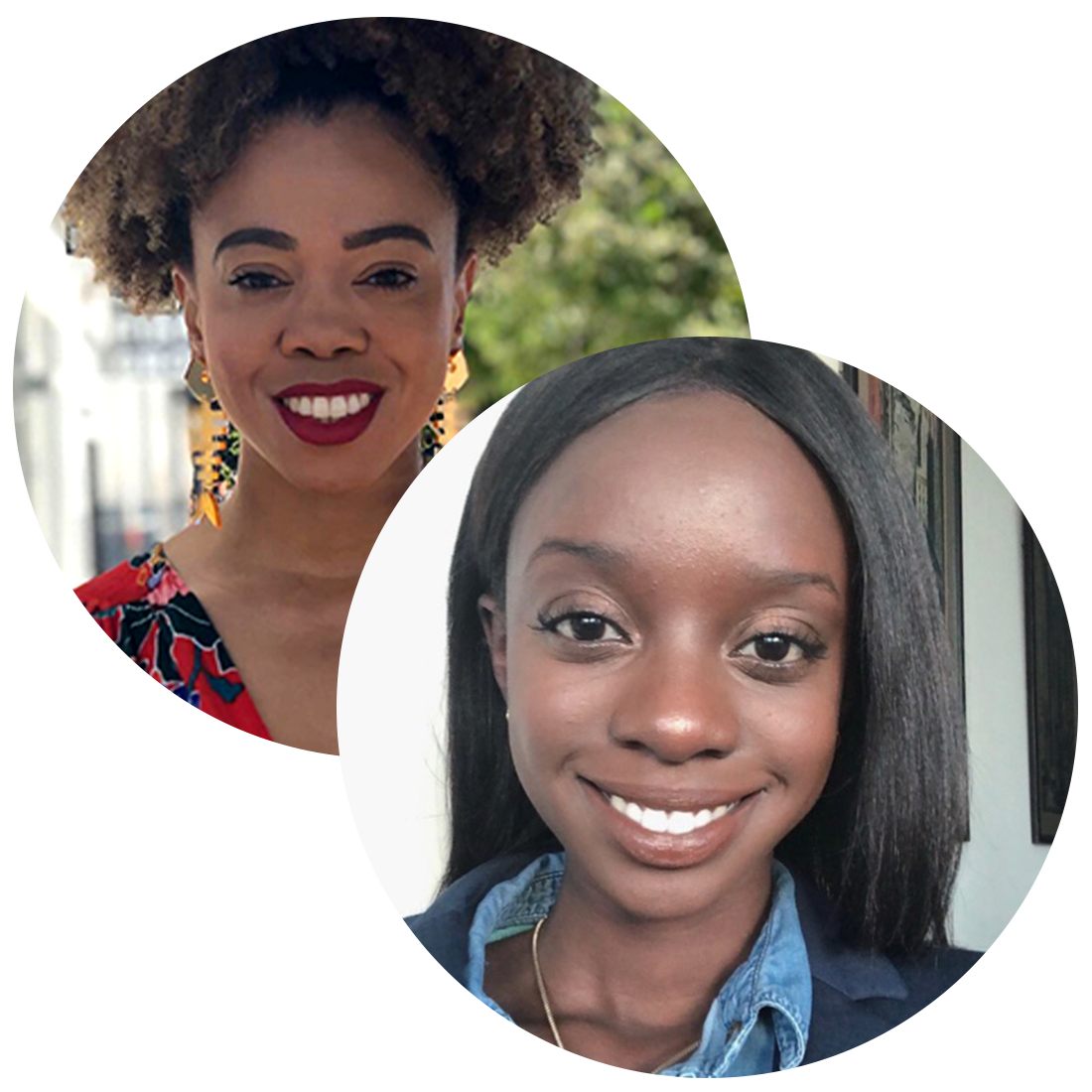
As well as sharing directly about their new project, we’re happy to include an interview with Ashley Kirk & Irene Onyango. We discuss their story and mission, and how their business fits into broader moves towards racial equity.
Hi Ashley and Irene, thanks for making the time to do this interview!
What brought you to this project?
Irene Onyango
We’ve been working together for the past two years at a healthcare consulting firm, and more recently worked together on diversity, equity, and inclusion initiatives that were implemented at our firm in May of 2020.
Ashley Kirk
The work we had been doing at our firm sparked an interest to continue to elevate and support Black people. While I was going through a point of reflection, my community of Oakland California transformed. Every weekend Black people congregated in droves to show love and unity for each other amidst everything that had been happening with the killings of George Floyd, Breonna Taylor and countless other unarmed Black and Brown men, women and children. What I kept noticing through the weekly gatherings were the plethora of small Black businesses set up selling items from beauty products, hair care products, food, you name it. It was something I had never seen before anywhere. I remember telling Irene how amazing it was, but also being curious to see how this translated in the business ecosystem, mindful of the fact that these were likely side projects. I was curious to see if this was right and learn more about the gaps that exist for Black founders.
We looked into research and our personal networks, trying to understand Black businesses and their challenges. Do they have access to social and financial capital? What does this look like? From what we found, Black founders have less access than other people of color and their White counterparts to social and financial capital. It presented us with an opportunity to think about how we can utilize our skillsets in financial and management consulting to rewrite the narrative of the founder/investment ecosystem to be supportive of Black people.
Irene Onyango
So we were figuring out, ‘how can we be a value-add in this area?’
How did you get started?
Ashley Kirk
We initially reached out to 15-20 Black female venture capitalists and pitched our interest in being a resource linkage to create accessible opportunities for Black founders. Of the people we reached out to, we got a response from Melissa Bradley at 1863 Ventures, one of the most respected leaders in the ecosystem. Melissa provided us with our first shot to put together a portfolio of prospective entrepreneurs for 1863 Ventures to consider for their accelerator program. We organized and prepared a portfolio that was essentially based on an intake assessment that we did with individual businesses. It essentially translated to a business model for entrepreneurs to showcase their business: What’s their ROI? What’s their strategy for the next 3-5 years?
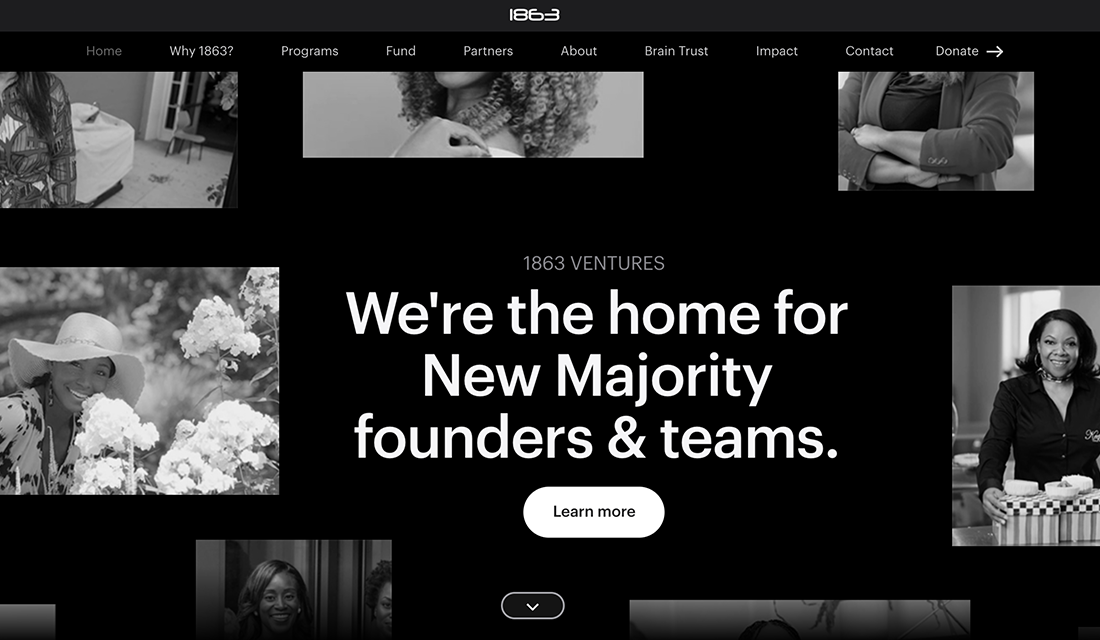
How do you find founders? It’s reading articles, using social media, then reaching out to them, having conversations with folks. Melissa and folks on her team were surprised about Black founders we were able to find. That helped reassure us that we were adding value in this space and helped propel us to start Empower Us as a way to link founders with pitch events, accelerators, incubators, and venture capital funding.
Within the last couple of months, with larger corporations making statements about racial equity efforts, we’re finding there’s still this gap — these corporations have made these financial commitments but have done very little, and no organizations are managing/overseeing how funds are being distributed. We want to expand to use our management consulting skills to help corporations think about their strategy for investing in racial equity. This still ties into supporting Black founders, because a lot of these funds will be used to support Black businesses and other people of color.
Irene Onyango
With Melissa, that gave us the opportunity to talk with tons of founders and figure out — what are their pain points? What are their barriers? These questions were critical in our gap analysis. Our mission is to support Black founders, period. Whether you are a founder looking for social or financial capital, we are here to be a resource.
Can you tell me more about the pain points?
Ashley Kirk
One thing that we see for founders that do know about opportunities, when they do apply or reach out, [is that] people don’t answer their emails, or they’ll be rejected with no feedback. They’re at a crossroads, they don’t know where to go.
We also see that Black venture capital firms will be the ones to not provide any feedback. These are people within the ecosystem talking about the need for Black founders, who claim they want to be a supportive resource, but yet, when they don’t like an idea or a pitch, they just write the founder off without feedback. So who really is there to be supportive?
Irene Onyango
There’s a plethora of Black founders but there are a small number of Black investors, especially compared to their counterparts. There’s been a lot of interest and advocacy in trying to increase the number of Black investors. Hopefully the increase in representation will help balance things out in terms of eliminating silos in the founder-funder ecosystem.
Ashley Kirk
In the business ecosystem, I think one of the things you see is “there’s a pipeline issue, there’s a pipeline issue!” And… there’s not a pipeline issue. Black founders have existed since we were brought to this country; it’s you all that are the barriers to access. For us, we’re trying to create that access.
We want to hold corporations who have committed money to racial equity and justice accountable, to be supportive of people that look like us. We are just as marketable, we have just as many great ideas as our White counterparts, it’s just access.
Irene Onyango
We’re also seeing that founders will have met with investors, who offered them funding in exchange for a huge stake in the company. We’re working with founders to keep more ownership of what they’ve built.
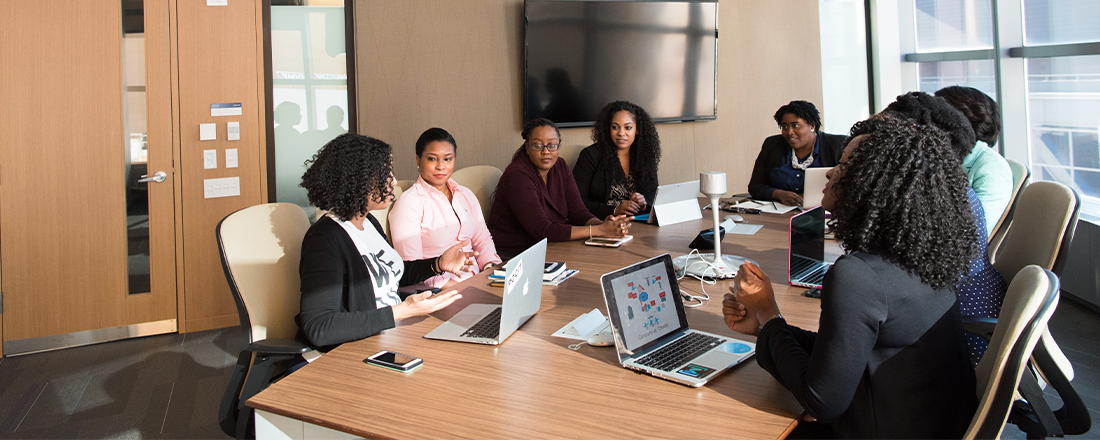
There’s also another gap where some founders are unsure of the type of funding they’re looking for when trying to raise capital. For example, some founders may jump and assume VC funding is appropriate, while their business might be more suitable for crowdfunding, angel investing, grants, or other types of funding. We want to bridge the knowledge gap and help founders understand the various funding options available, and the impact on their business.
Ashley Kirk
When you think about the Black and White wealth gap [as of 2016, an average $154,000 gap between Black and White families], in terms of wealth for Black people, I don’t think we’re used to a lot of money. When [an investor] wants to offer $500,000 for a 30% or 40% stake in the company, we need to think about what it really means to sell off that much of your business.
Irene Onyango
It also helps when you work with someone that looks like you, from my experience. Since we’re two Black women, there’s an added value to that. Especially for founders who haven’t worked with people who look like them in the past.
What’s your dream outcome from this work?
Ashley Kirk
For me? To make this full time and work on this. I think we would be a force to be reckoned with. It’s been one of the most rewarding parts of my life that I look forward to, especially with isolation and COVID. It’s super rewarding knowing, “Okay, I can wake up and work with people who look like me, help my community.”
Irene Onyango
I’m looking forward to making that a reality in the near future. We’ve developed a strong mission through the barriers and gaps that we identified. I think it’s our duty to make sure that we change the landscape and create generational wealth for people that look like us.
How do you think about the work that you’re doing in connection with broader social or political movements towards racial equity or racial justice?
Irene Onyango
For instance, let’s say you’re a mom and pop shop and are trying to expand and open another shop across town. There’s a huge opportunity to create economic growth for your local community, as well as your family, in terms of generating wealth and access to other resources down the line. Supporting the Black economy in that sense, I think that’s huge in terms of more wealth, leading to more access to opportunities, which can lead towards more equitable outcomes.
Ashley Kirk
Over the summer, you know, I think people really opened their eyes to what’s been happening in the country in terms of police brutality against Black people and other people of color, as well as the racial tension that Black people have faced in this country for so long. And I feel like there was a point where people started to say, “Okay, yes, Black lives do matter.”
For me, I’m getting reminders as to why we exist in this space, why what we’re doing is so important and pivotal to changing the narrative for Black people and creating more Black leaders in the business ecosystem. Earlier this month, you saw domestic terrorists wanting to overturn the government, and policing efforts were so minimal in comparison to six or seven months ago when we have a Black Lives Matter movement and peaceful protest and police are in riot gear. It just shows that we have a long way to go in this country, and it solidifies why we as an organization must continue to exist and be supportive of the Black community, because it takes folks standing up now and in the future for change to really happen.
Thank you so much for your time!

